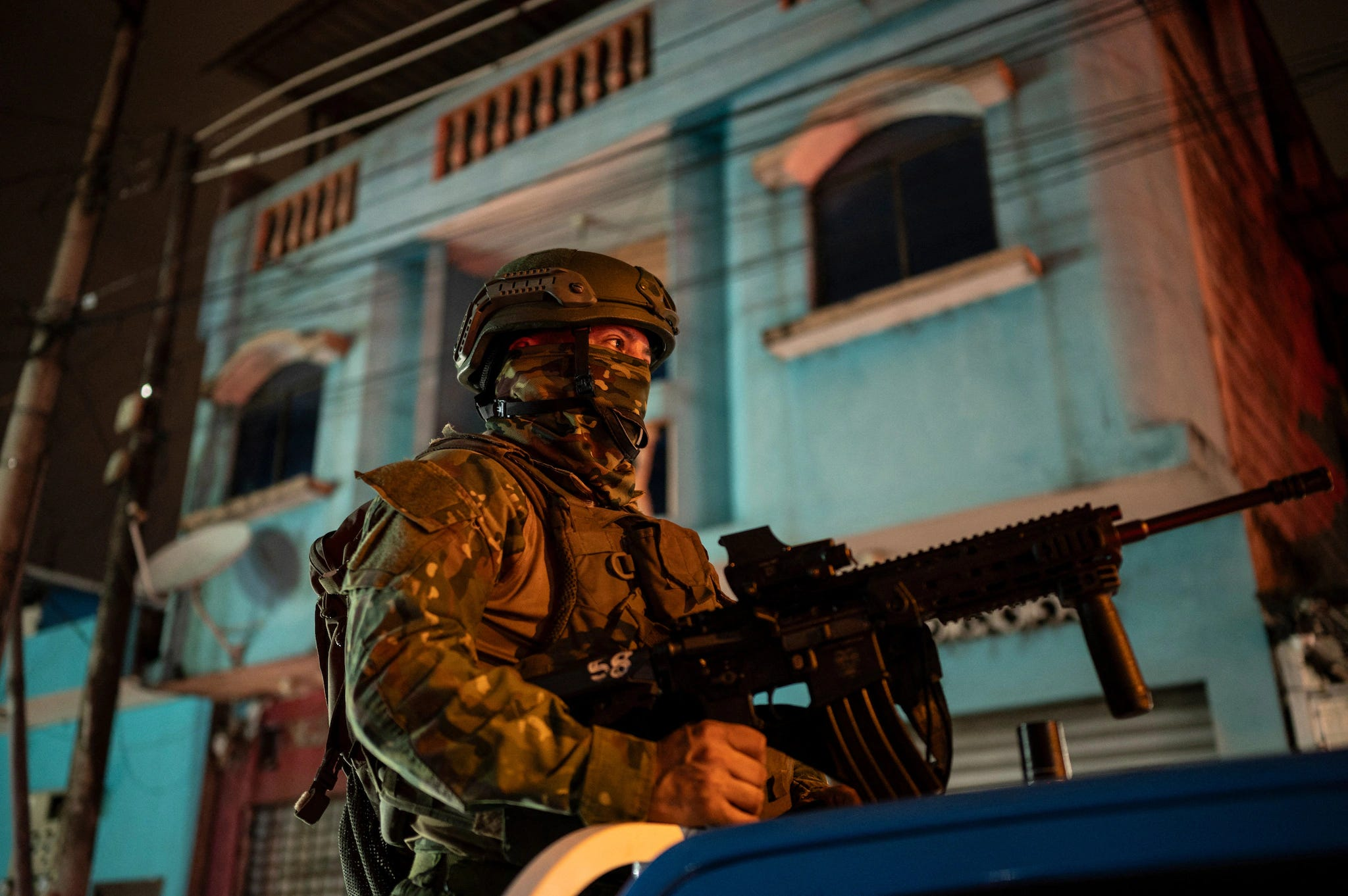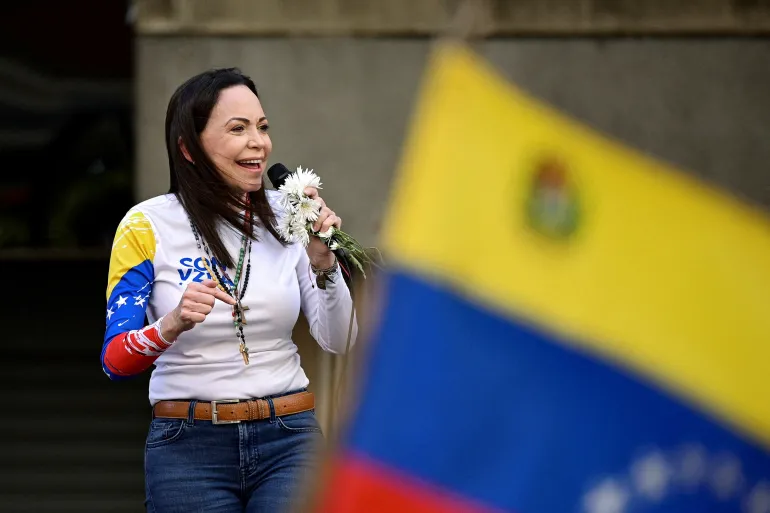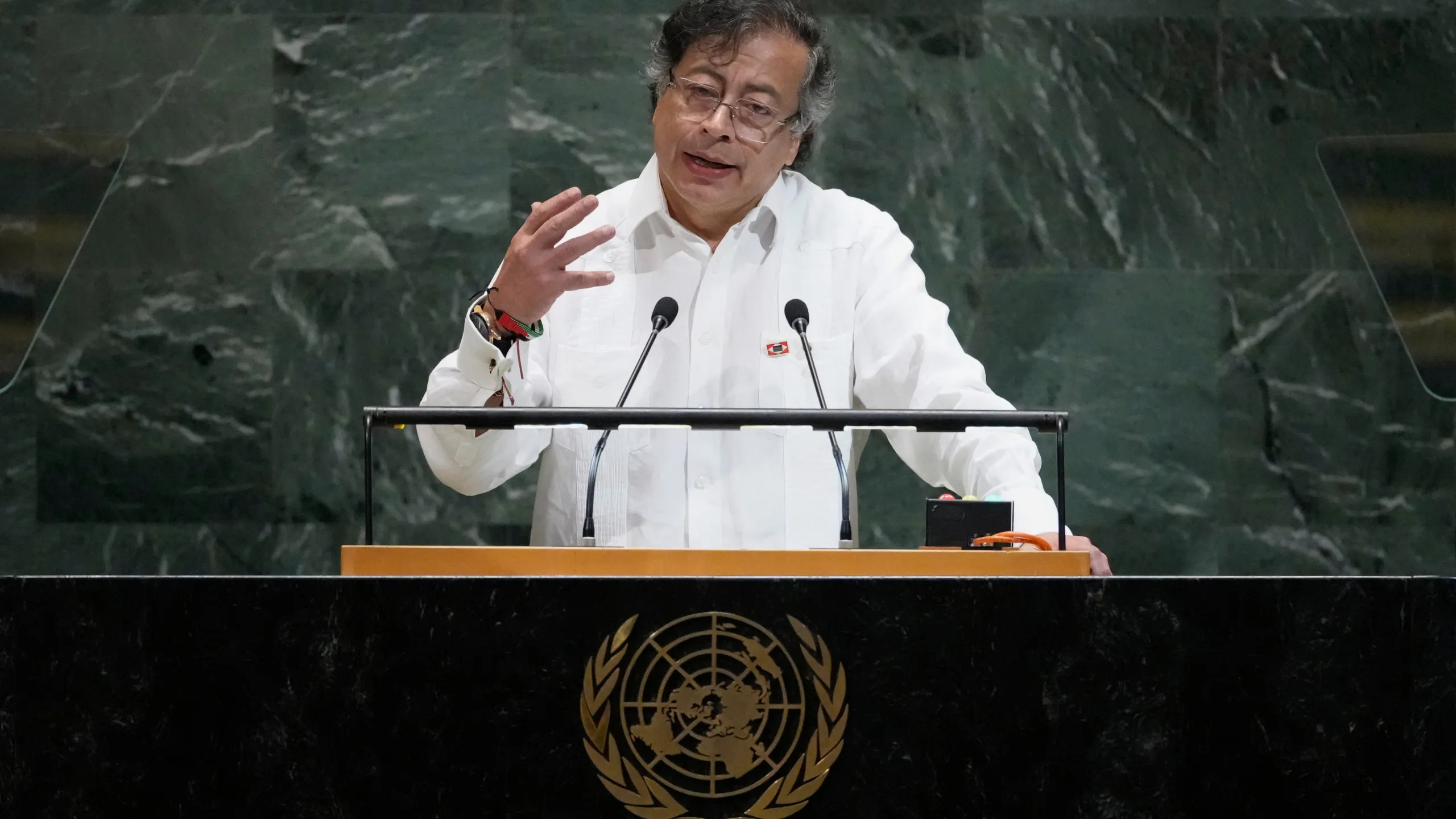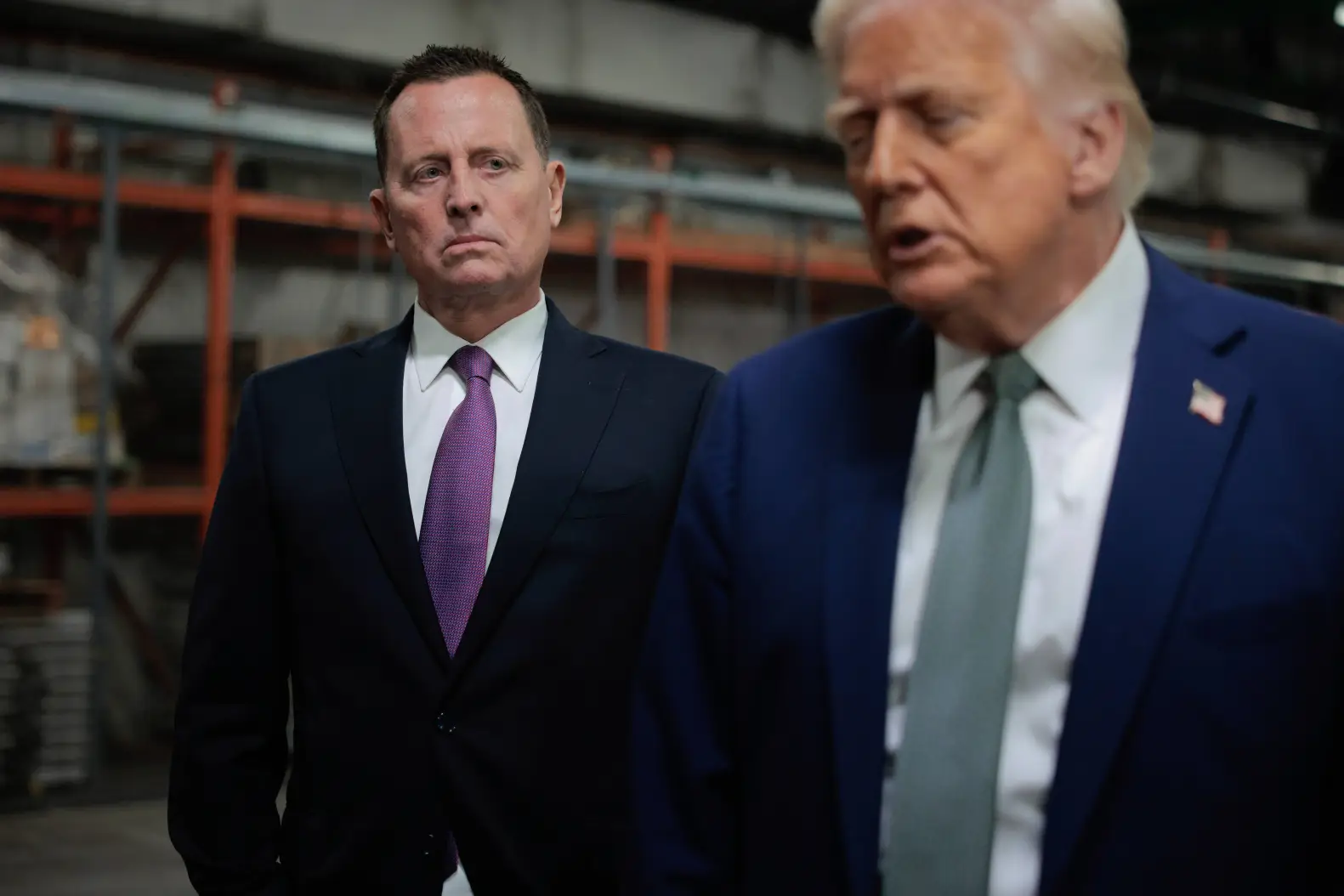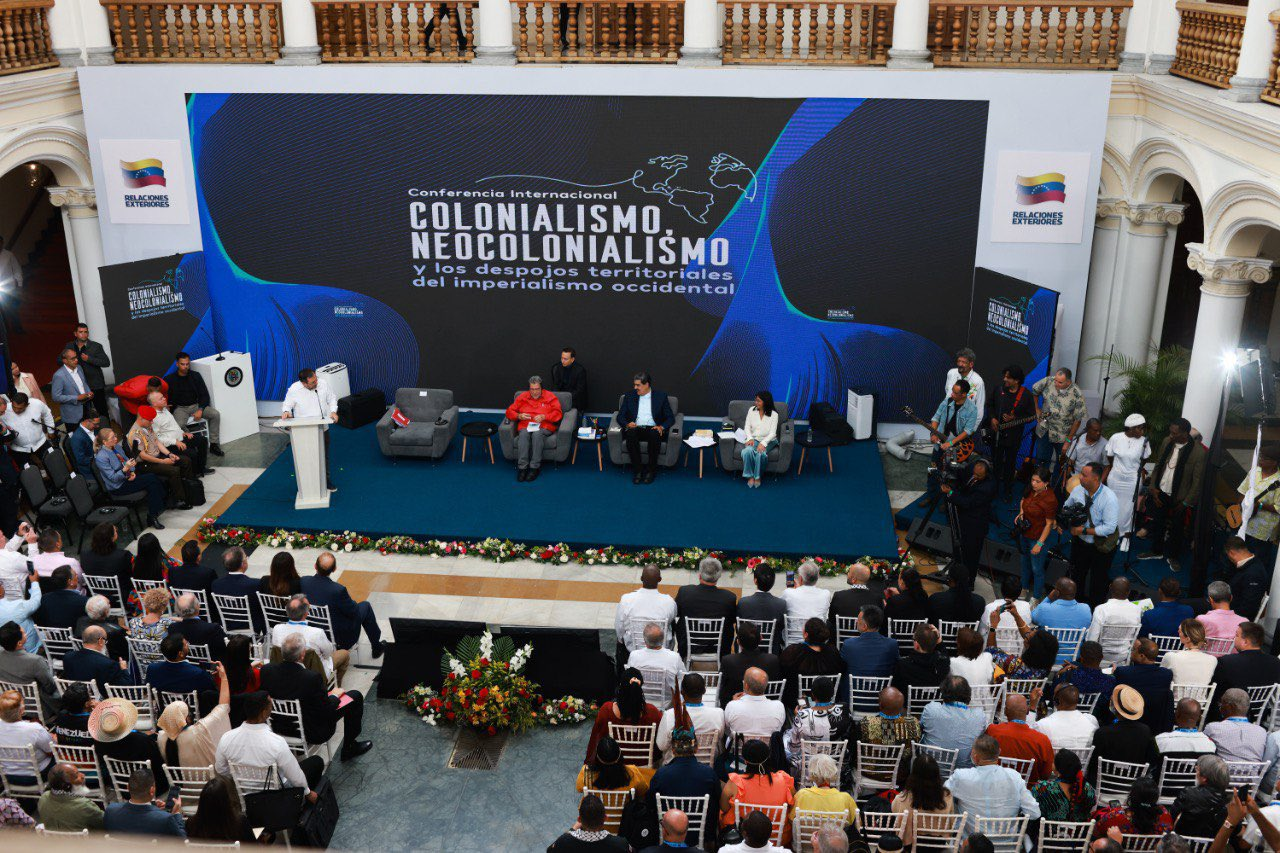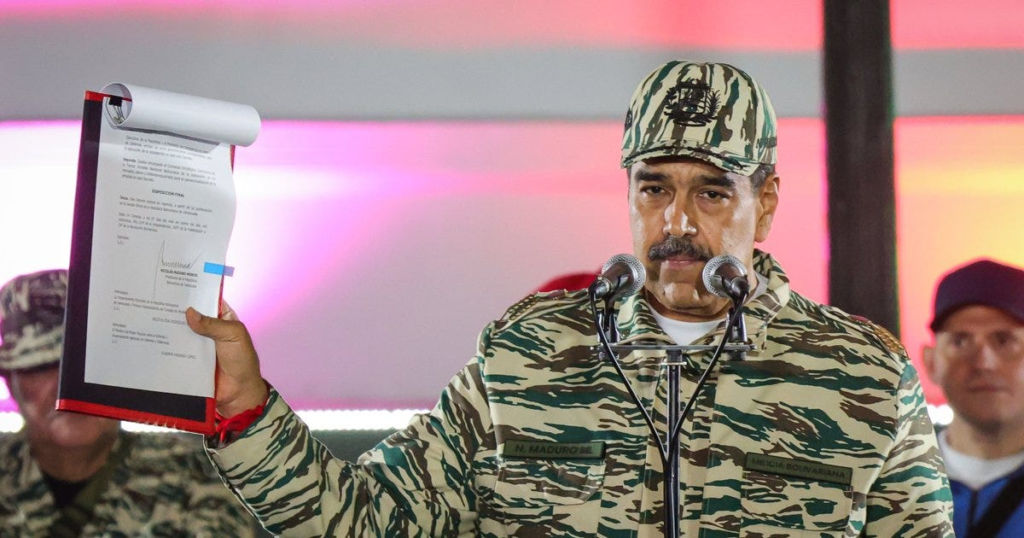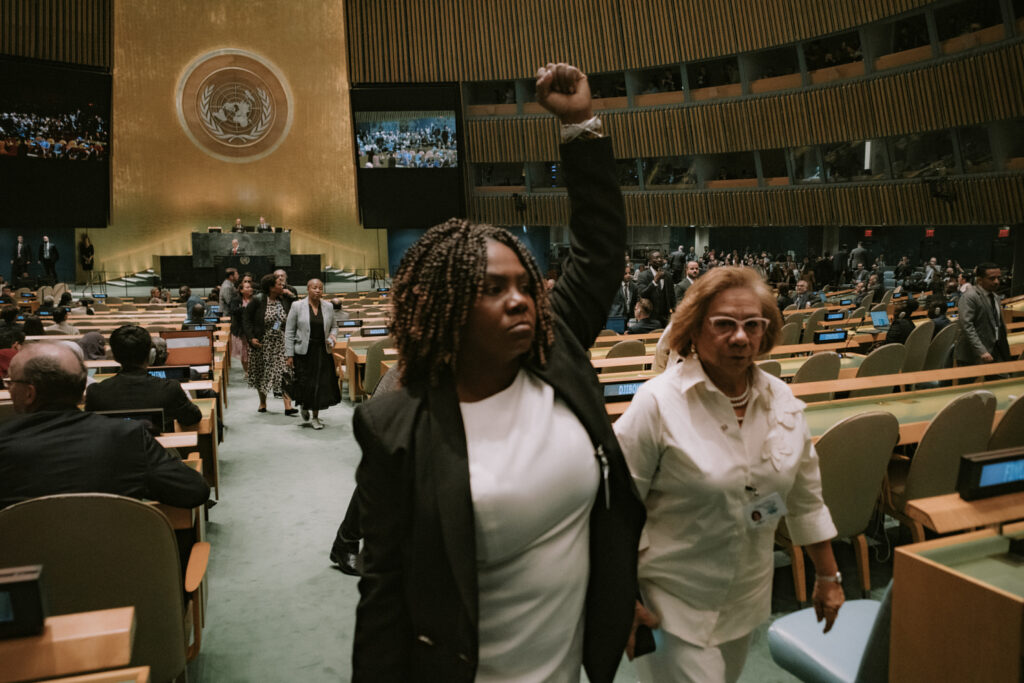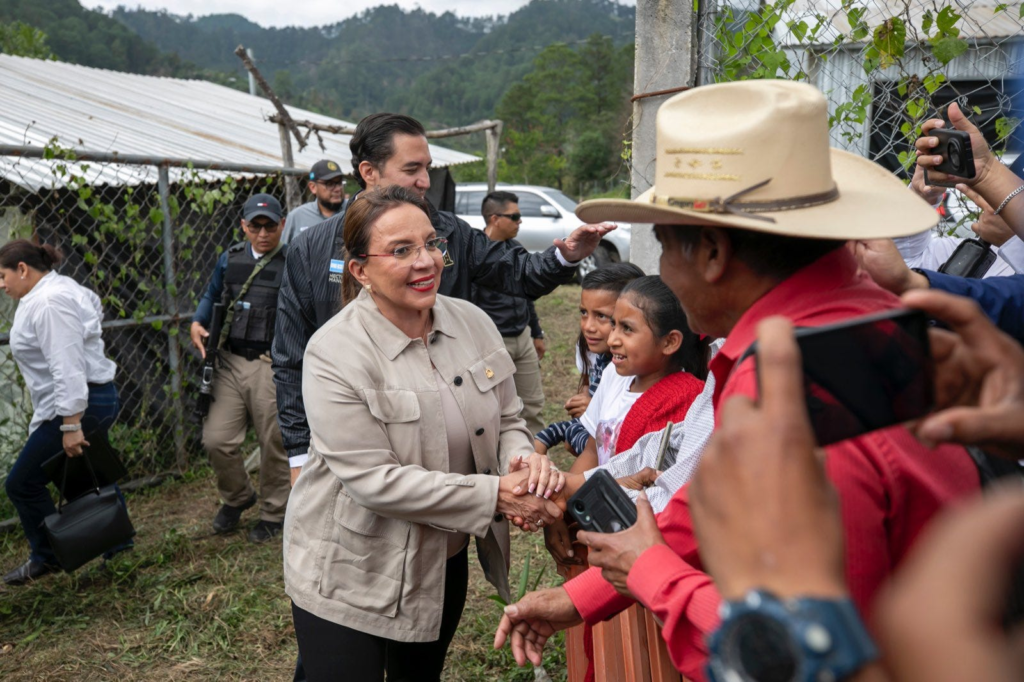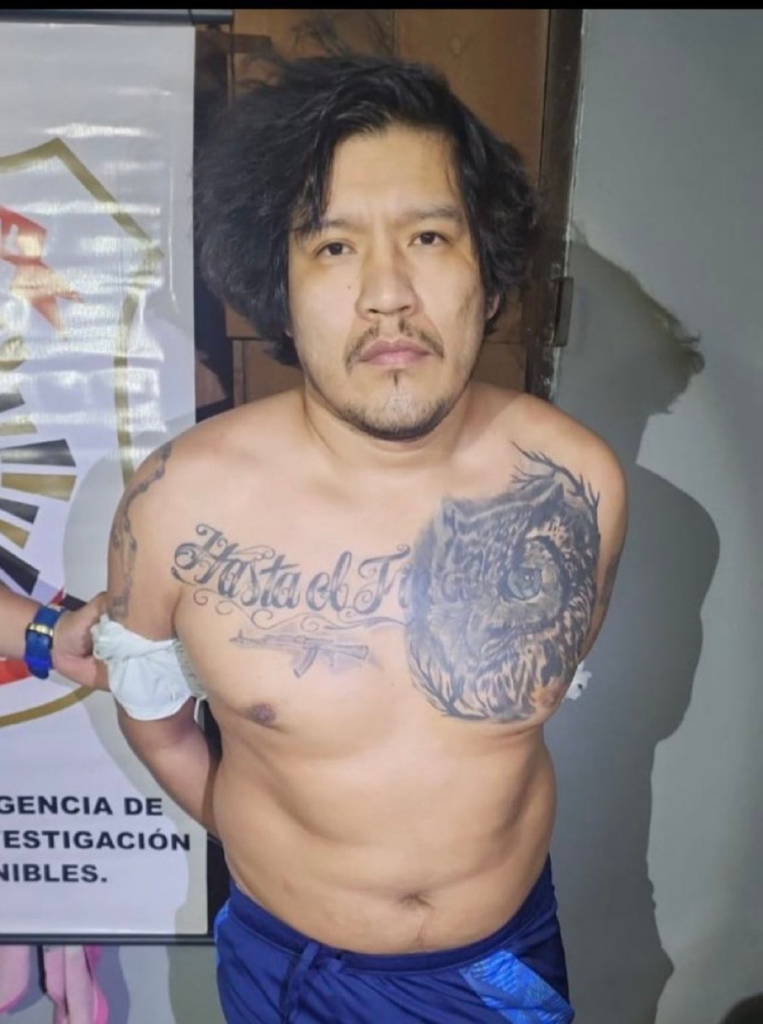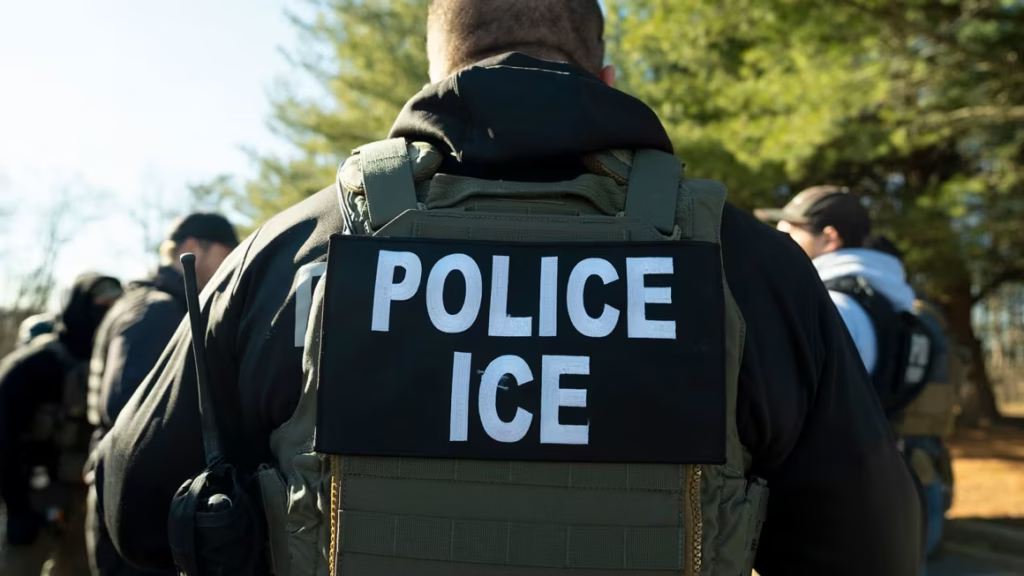More bodies were claimed over the weekend when a group of gunmen came storming into a local nightclub in the small coastal town of Santa Lucía, killing seven people on the spot, and one other who died later in a nearby hospital.
The assassins came in a convoy of death that arrived in the form of several motorcycles and vehicles on Sunday night. Men clad in dark clothing and face coverings were decisive in their attack. These killings so often resemble others by their single common trait: they are targeted.
Ecuador has been ravaged for more than a decade in a vicious spiral of gang violence and internal conflict as local, yet powerful, drug clans continue to wage war on one another for control over the lucrative seaports of the western coastal regions of El Oro, Guayas, Manabí, and Los Ríos.
The areas have transformed into key distribution points of South America’s drug trade that facilitate the almost infinite flow of illicit narcotics north into the United States and Europe.
The region’s trade routes have become so profitable that these local Ecuadorian gangs like Los Lobos and Los Choneros are now backed by the prominently influential, more equipped, and better-funded criminal drug organizations in Mexico, like the Sinaloa Cartel and the Cártel de Jalisco Nueva Generación (CJNG), who have since stepped into the mix, specializing in co-opting the means and local man-power of these regional gangs to expropriate their criminal network in an effort to expand their own drug operations further south into Central and South America.
Ecuador has become a crucial transit hub for the region’s cocaine that funnels in from Peru and Colombia.
Guayaquil, the nation’s busiest seaport and most violent region, has been in an active state of emergency since President Daniel Noboa declared it such shortly after his presidential election victory earlier this year.
Noboa campaigned on a promise to restore law and order, and internal stability for an Ecuadorian citizenry who have been deprived of peace and domestic security, resulting from the violent turmoil that has usurped the nation since 2015.
Progress has been made since a ruthless government crackdown began against the criminal element in the country, as a newly bolstered national security apparatus is now partnered with the United States in tackling the scourge of the violent and powerful drug gangs.
However, such an approach, as one that has been modeled on President Nayib Bukele’s “iron-fist” campaign in El Salvador, has been criticized by left-wing governments in the region and beyond, including various international human rights organizations that claim the Noboa administration is trampling on the civil liberties of law-abiding citizens.
In 2025, Ecuador recorded a homicide rate of 4,600 people, according to CBS News. In 2024, the country of 18 million reported a total of 7,000 homicides.
Nearly seven months into this year, Ecuador seems likely to surpass last year’s numbers.
Even given the aggressive campaign of the nation’s security bloc, Ecuador is still in the midst of the vicious crime wave, as residents remain hopeful for its end.

